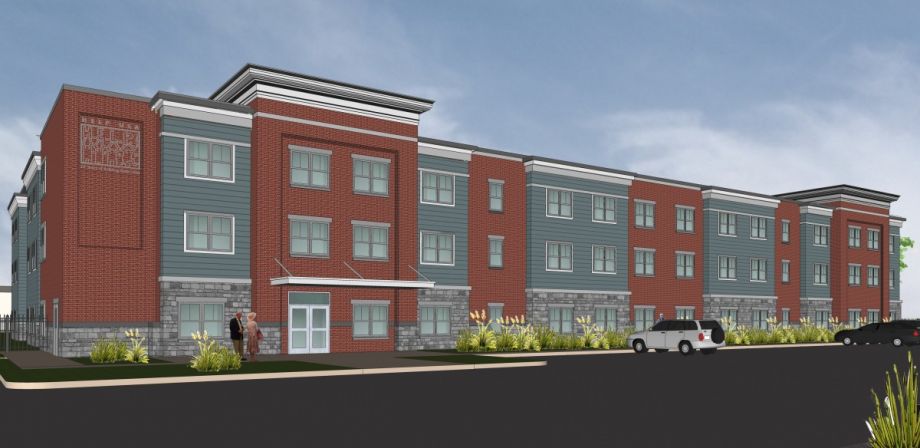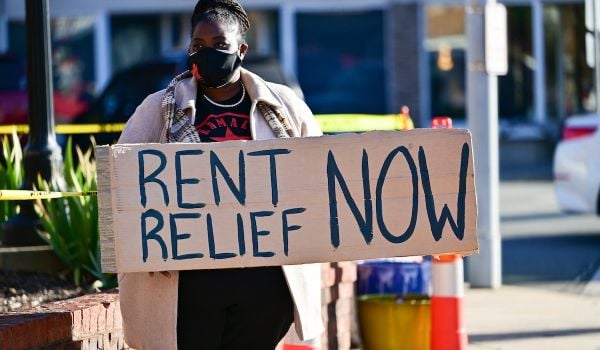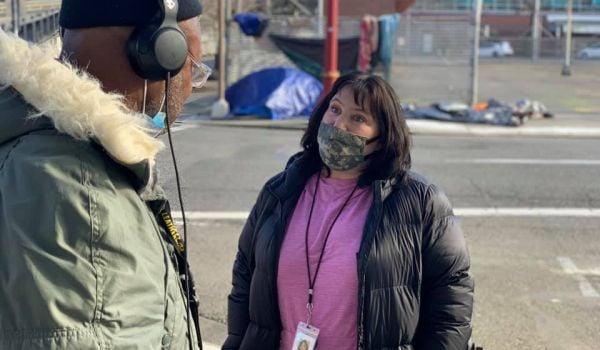If Veterans Day is about honoring the men and women who have bravely served our country, why is it that tens of thousands of them are left to trudge from shelters to street corners with no place to call home?
We know what factors are driving the problem. Veterans suffer from disproportionately high rates of post-traumatic stress disorder, traumatic brain injury, substance abuse and other crippling health conditions. Those without family and social support networks often find it difficult to hold a job and pay the rent. As a result, in Philadelphia alone, there are more than 1,400 veterans living on the streets, with thousands more at risk of falling through the cracks of the system, according to data just released from the U.S. Department of Housing and Urban Development. It’s tragic and unnecessary.
Thankfully, since 2010 when the White House introduced a five-year strategic plan to end veterans’ homelessness, we’ve seen a 33 percent decline in the number of homeless veterans. Nearly 25,000 have been able to get the help they need — in part thanks to supportive housing developments that offer social services focused on their particular needs. That’s the good news. The bad news? Another 1.4 million veterans are still at risk of homelessness because of poverty and other challenges. The public and private sectors must do more to work together if we are to meet the President’s 2015 goal.
In part, that means connecting government, veterans support groups, businesses and non-profits to help stretch limited taxpayer dollars. A great example of this kind of comprehensive, cross-sector collaboration is the Philanthropy-Joining Forces Impact Pledge, introduced earlier this year by First Lady Michelle Obama. It includes more than $170 million in funding from foundations and corporations to provide critical services to veterans and their families. When combined with effective tools like the Low Income Housing Tax Credit (Housing Credit) that attract billions of dollars in private capital for affordable housing all across the country, even greater progress is possible. In Pennsylvania, the Housing Credit has helped finance 82,000 affordable homes for families, seniors and special needs populations, and also generated nearly $9 billion in local income, $3.5 billion in tax revenues and more than 92,000 jobs.
The just-completed Hardy Williams Veterans Center in Southwest Philadelphia illustrates how the pieces and partners come together. Developed by the non-profit HELP USA, it offers 61 affordable apartments to aging homeless veterans while also providing on-site social services. It came to life thanks to $11.5 million in equity from TD Bank, all connected to the Housing Credit, as well as grants from Citi Community Development and the MetLife Foundation, and support from the City of Philadelphia.
It’s the kind of development that reflects what research has long been telling us: When veterans and other vulnerable people gain access to quality housing and services like counseling programs, employment training and nutrition assistance programs, they can reclaim their health and independence. Indeed, it’s an approach that is critical for keeping at-risk and homeless veterans off the streets.
After all the parades and speeches are done today, remember that. If we really want to pay tribute to those who have served, we have to first make sure every veteran has a decent place to live and the chance to live a healthy, productive life.
Debbie Burkart directs veterans housing for the Local Initiatives Support Corporation (LISC), a national non-profit that has invested more than $14 billion to lift low-income communities. Ali Solis is SVP of public policy and corporate affairs at Enterprise Community Partners, a national organization that creates and advocates for affordable homes in thriving communities linked to jobs, good schools, transit and healthcare.















